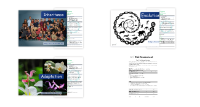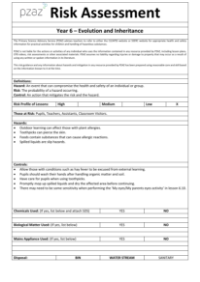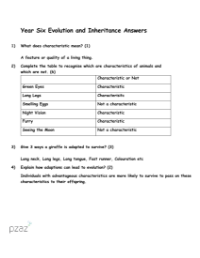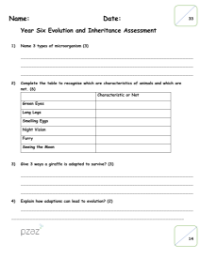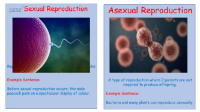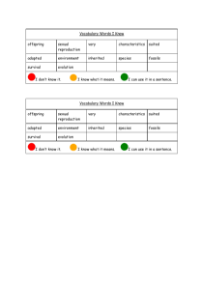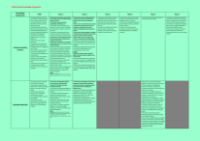Evolution and Inheritance - Lesson Plan
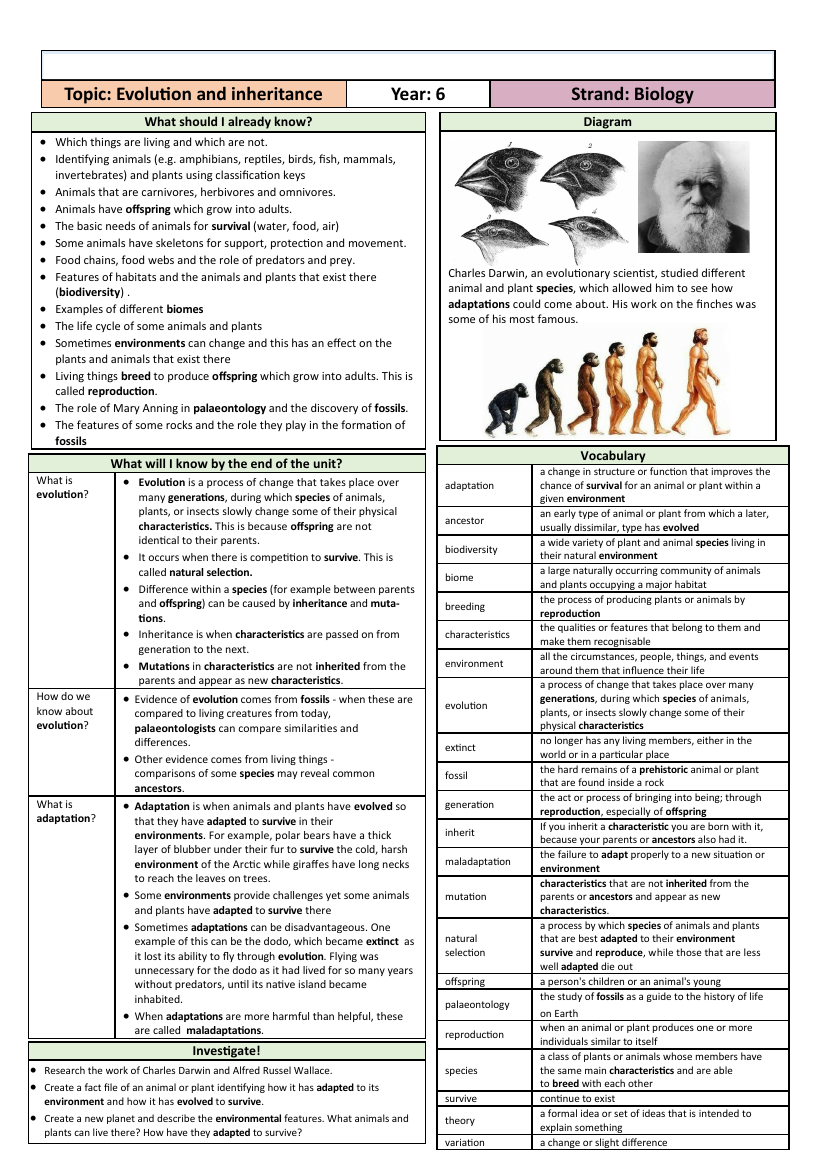
Science Resource Description
The topic of evolution and inheritance is a fascinating strand of Year 6 biology that delves into the gradual changes occurring in living organisms over many generations. Prior to embarking on this unit, students should have a foundational understanding of living and non-living things, the ability to classify animals and plants, knowledge of different diets in animals (carnivores, herbivores, omnivores), and the basic needs for animal survival. They should also be familiar with the concepts of food chains, various habitats and their biodiversity, life cycles, and the impact of environmental changes on flora and fauna. The unit will build upon these concepts, introducing the role of Mary Anning in palaeontology and the significance of fossils, as well as the contributions of Charles Darwin in understanding evolutionary processes. Students will explore key vocabulary terms such as adaptation, biodiversity, biome, evolution, and natural selection.
By the end of the unit, students will have a deeper understanding of evolution, recognising it as a process driven by natural selection, where inherited traits and mutations contribute to the differences observed in species over time. They will learn how evidence of evolution is found through the study of fossils and living organisms, revealing ancestral links. Adaptation will be examined as a crucial aspect of survival, with students exploring examples of how species have evolved to thrive in their respective environments, despite potential challenges. The unit will also touch upon the concept of maladaptation, using the dodo as a case study of an evolutionary dead end. Through various investigative activities, such as researching the works of Charles Darwin and Alfred Russel Wallace, students will apply their knowledge by creating fact files on adapted species and designing hypothetical planets with suitably adapted life forms.

